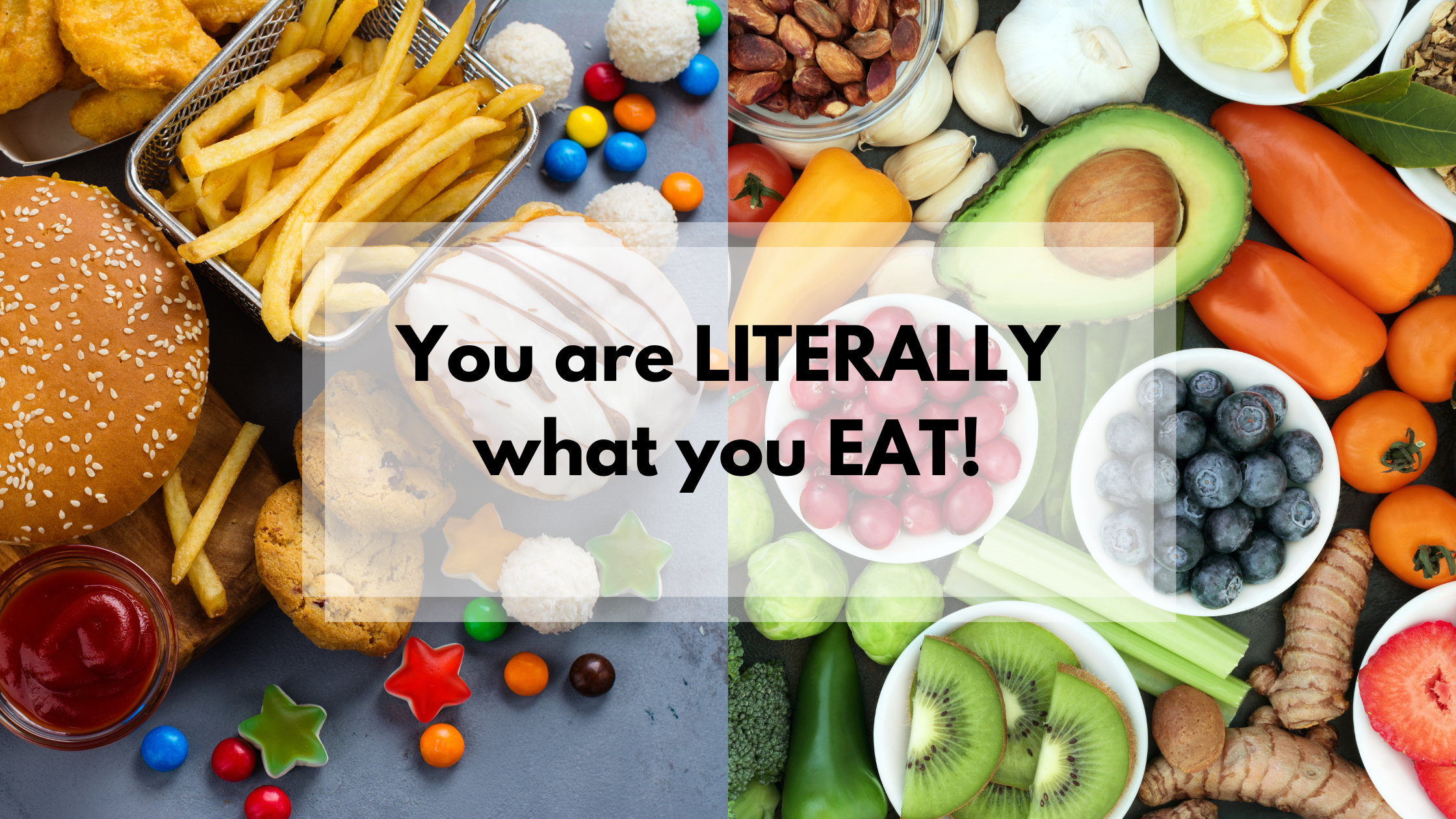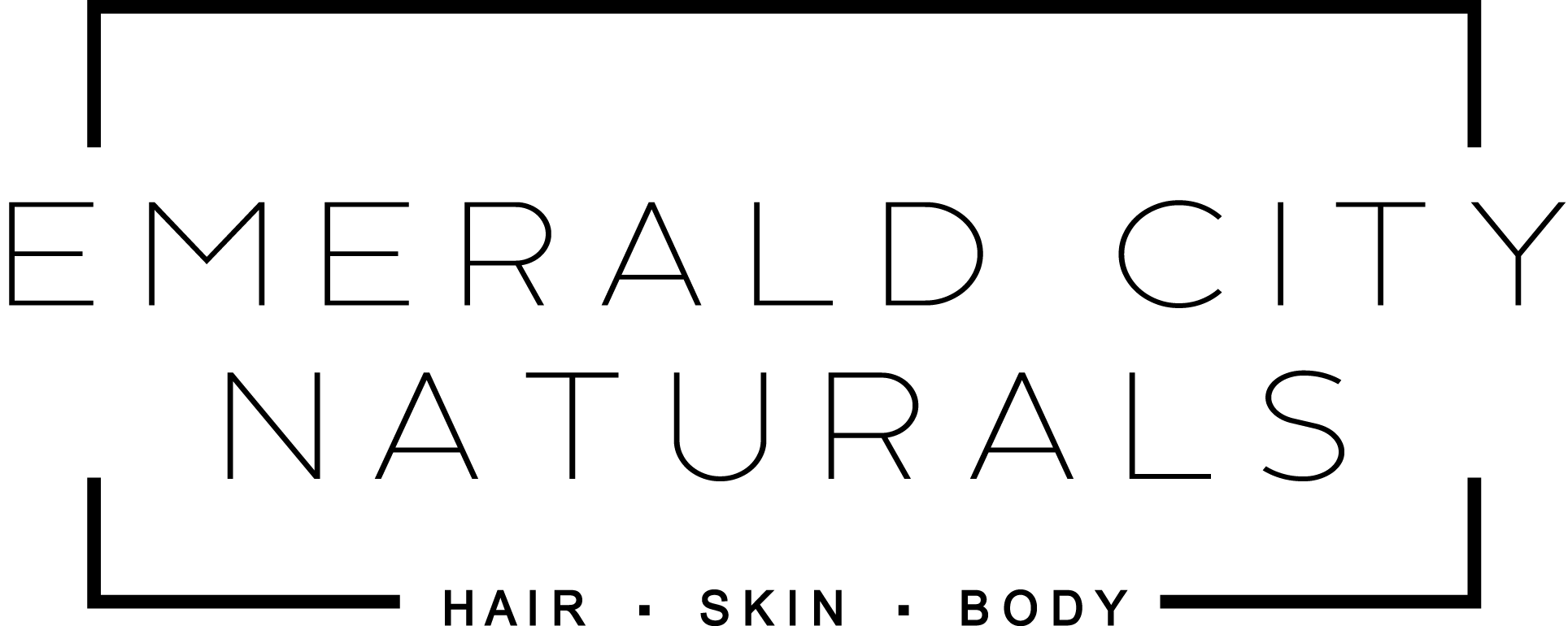You LITERALLY are what you eat!
Posted by Ashlee Morgan on Nov 22nd 2021

Eating effect on hair growth:
Many people want strong, healthy hair, especially when they are getting older. It is interesting to note that your hair grows about 0.5 inches (1.25cm) per month and 6 inches (15cm) per year. Its growth rate depends on factors such as age, health, genetics and food. While you cannot change factors like age and genetics, nutrition is one thing that you have control over. In fact, consumption of a diet that lacks appropriate nutrients may result in hair loss.
On the other hand, eating a balanced diet with the right nutrients can help promote hair growth, particularly if you experience hair loss as a result of poor nutrition.
What you eat can have a tremendous impact on your hair health:
A lack of the right nutrients including vitamins A, C, D and E, zinc, B vitamins, iron, biotin, protein and essential fatty acids may slow down hair growth or even cause hair loss.
Luckily, correcting a deficiency in one of these nutrients can help with hair loss treatment and promote hair growth rate.
How does food affect our bodies?
The nutrients of food we put into our bodies give our cells the capacity to perform their necessary functions. Consider this a garden. If you plant one tomato seed, ideally you use the right soil and the right amount of sunshine for the best success. However, if you use the cheapest dirt and don’t give it enough sunlight you may still get a tomato, but the tomato may not be the ripest, roundest, reddest, or tastiest tomato.
In other words, giving our body the proper nutrients can help you grow into a healthier version of yourself. From this perspective, food is not just about calories and the right foods versus the wrong foods. You need to concentrate on the food you put in your body as opposed to the food you exclude. Consider food as a way to nourish your body and help fight cardiovascular disease.
What factors affect hair growth?
As people age, they may notice that their hair does not grow as quickly as before and that it is less thick. Certain follicles may stop producing new hair, resulting in thinning or loss of hair.
This is the result of a combination of genetics and naturally occurring aging processes. The locks of hair are also thinner and start to lose their color.
Delivery, stress, thyroid problems and a health problem called alopecia can cause more sudden hair loss. A healthy diet, even designed to support hair growth, may fail to resolve genetic or systemic problems.
In addition to aging, disease and genetics, malnutrition is a common cause of hair loss. Following a healthy and well-balanced diet can help individuals maintain typical levels of hair growth and replacement.
Nutritious eating can also help prevent these signs of unhealthy or damaged hair:
- dryness
- a brittle texture
- visible dandruff
- a dull appearance
- a tendency to break easily
Conclusion:
Inheritance and natural aging processes play important roles in hair loss. However, the quality, quantity and growth of hair are also closely related to diet. Maintaining a nutritional diet is the best way to improve hair health and growth. Physicians recommend that diets are diverse. For omnivores, they should include sufficient quantities of fish protein, beans, eggs and lean meats, as well as plenty of fresh fruits, vegetables and whole grains.





